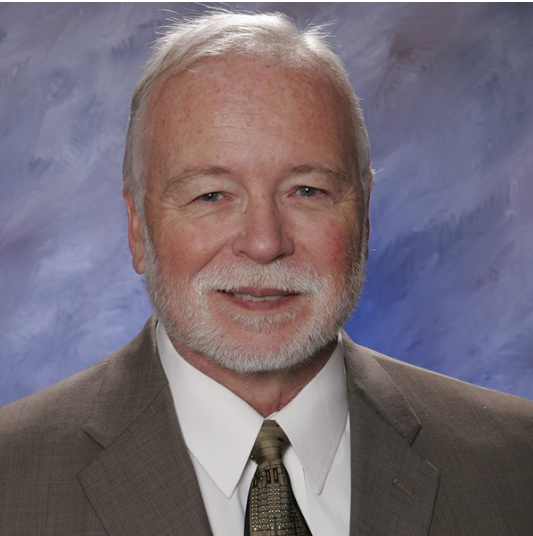
Dr. Joseph Iser has a medical degree from the University of Kansas and is board-certified in General Preventive Medicine and Public Health, Internal Medicine, and Occupational Medicine, with a broad background in public health, primary care, and medical education. He has a Doctorate in Public Health in health policy from the University of Michigan and an MSC in infectious diseases from the University of London School of Hygiene and Tropical Medicine. His interests include indigent care, infectious diseases, disaster medicine, environmental health, and international medicine. Retired after over 24 years of active duty with the US Public Health Service, and also now retired from working in four different health departments and districts as the chief executive and the health officer, Dr. Iser sits on the number of boards, including the Health Officers Association of California, the Nevada Public Health Institute, and as a Board of Regents member for the American College of Preventive Medicine. He volunteers at several community-based organizations and is active in county and state medical societies. In his spare time, he skis, canoes and kayaks, fly fishes, and square dances.
John Packham, PhD, MA: Using Clinical Preventive Medicine to Improve Population Health Outcomes in Rural Areas

Dr. John Packham is the Associate Dean of Statewide Initiatives and Associate Professor in the Department of Internal Medicine at the University of Nevada, Reno School of Medicine. Dr. Packham has co-authored nearly 100 policy-relevant, statewide research reports, including ten editions of the Nevada Rural and Frontier Health Data Book and five editions of Health Care Careers in Nevada. For over two decades, Dr. Packham has served on numerous statewide and national boards, advisory councils, and commissions including Governor Sisolak's Patient Protection Commission, Nevada Public Health Association, and Access to Healthcare Network. Dr. Packham is a frequent speaker on health care policy and public health issues facing Nevada and is regularly asked to testify on health policy issues being addressed by state and local policy makers.
Michael O. Royster, MD, MPH, FACPM: Population Level Strategies to Reduce Inequities and Advance Health Equity

Dr. Royster’s career has spanned clinical medicine, environmental epidemiology, community health, health policy, health equity and racial justice. He is currently the Senior Vice President for the Institute for Public Health Innovation (IPHI), a member of the National Network of Public Health Institutes. Prior to IPHI, he served in various public health positions: Director of the VDH Office of Health Equity, Director of the Crater Health District, President of the Virginia Public Health Association, epidemiologist for the Environmental Protection Agency, and post-doctoral fellow in the W.K. Kellogg Community Health Scholars Program at UNC Gillings School of Global Public Health. He completed undergraduate training at the University of Virginia, medical school at Duke University, public health training and residency at the Johns Hopkins Bloomberg School of Public Health, and he is a fellow of the American College of Preventive Medicine.